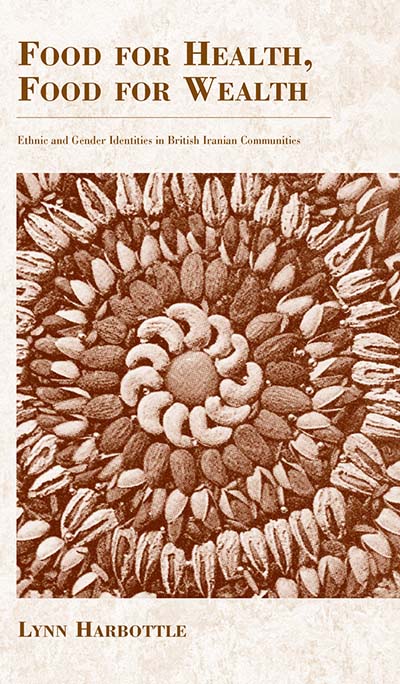
Series
Volume 11
Anthropology of Food & Nutrition
Email Newsletters
Sign up for our email newsletters to get customized updates on new Berghahn publications.
Edible People
The Historical Consumption of Slaves and Foreigners and the Cannibalistic Trade in Human Flesh
Christian Siefkes
392 pages, 20 illus., bibliog., index
ISBN 978-1-80073-613-9 $150.00/£115.00 / Hb / Published (September 2022)
eISBN 978-1-83695-987-8 eBook
Reviews
“I thought I knew a lot about cannibalism until I read ‘Edible People’ by Christian Siefkes. The sheer volume of references is a gift. It is a remarkable book.” • Shirley Lindenbaum, City University of New York
“This is a terrific piece of eye-opening research which illuminates a horrible but true part of human nature. It is wide ranging – covering many different cultures, peoples and places – and will fascinate any historian or anthropologist. For the general reader, it offers many vivid accounts of what seems inexplicable behaviour which was once far more common than anyone would have thought.” • Jasper Becker, author of Hungry Ghosts: Mao's Secret Famine
“This is a remarkable book. As a historical archive detailing the extent of cannibalism in various parts of the world at different periods of history, it is largely unmatched and breaks new ground in the sheer volume of material presented.” • Paul Collinson, Oxford Brookes University
“Christian Siefkes' work on cannibalism explores areas of the phenomenon that are still little understood, and makes an important and significant addition to the existing literature on the topic. His research is broad-ranging, and his perspectives are particularly insightful.” • Paul Moon, Auckland University of Technology
Description
While human cannibalism has attracted considerable notice and controversy, certain aspects of the practice have received scant attention. These include the connection between cannibalism and xenophobia: the capture and consumption of unwanted strangers. Likewise ignored is the connection to slavery: the fact that in some societies slaves and persons captured in slave raids could be, and were, killed and eaten. This book explores these largely forgotten practices and ignored connections while making explicit the links between cannibal acts, imperialist influences and the role of capitalist trading practices. These are highly important for the history of the slave trade and for understanding the colonialist history of Africa.
Christian Siefkes is an independent scholar whose research interests include the history of trade and economic relations, including their darker aspects, as well as the reality of climate change and what is means for the future of humanity.
Subject: Food & NutritionAnthropology (General)Colonial History
Contents
Download ToC (PDF)




